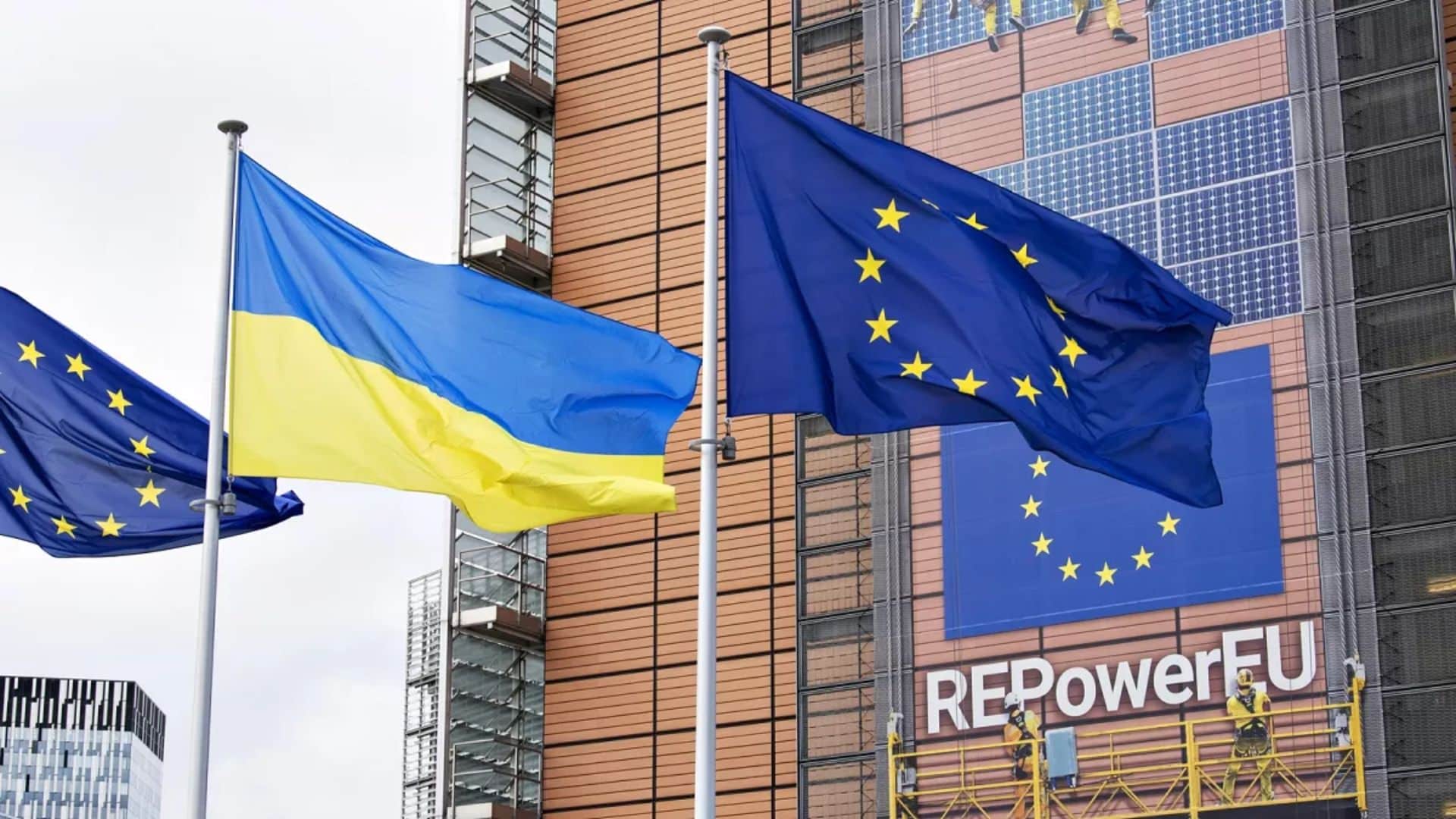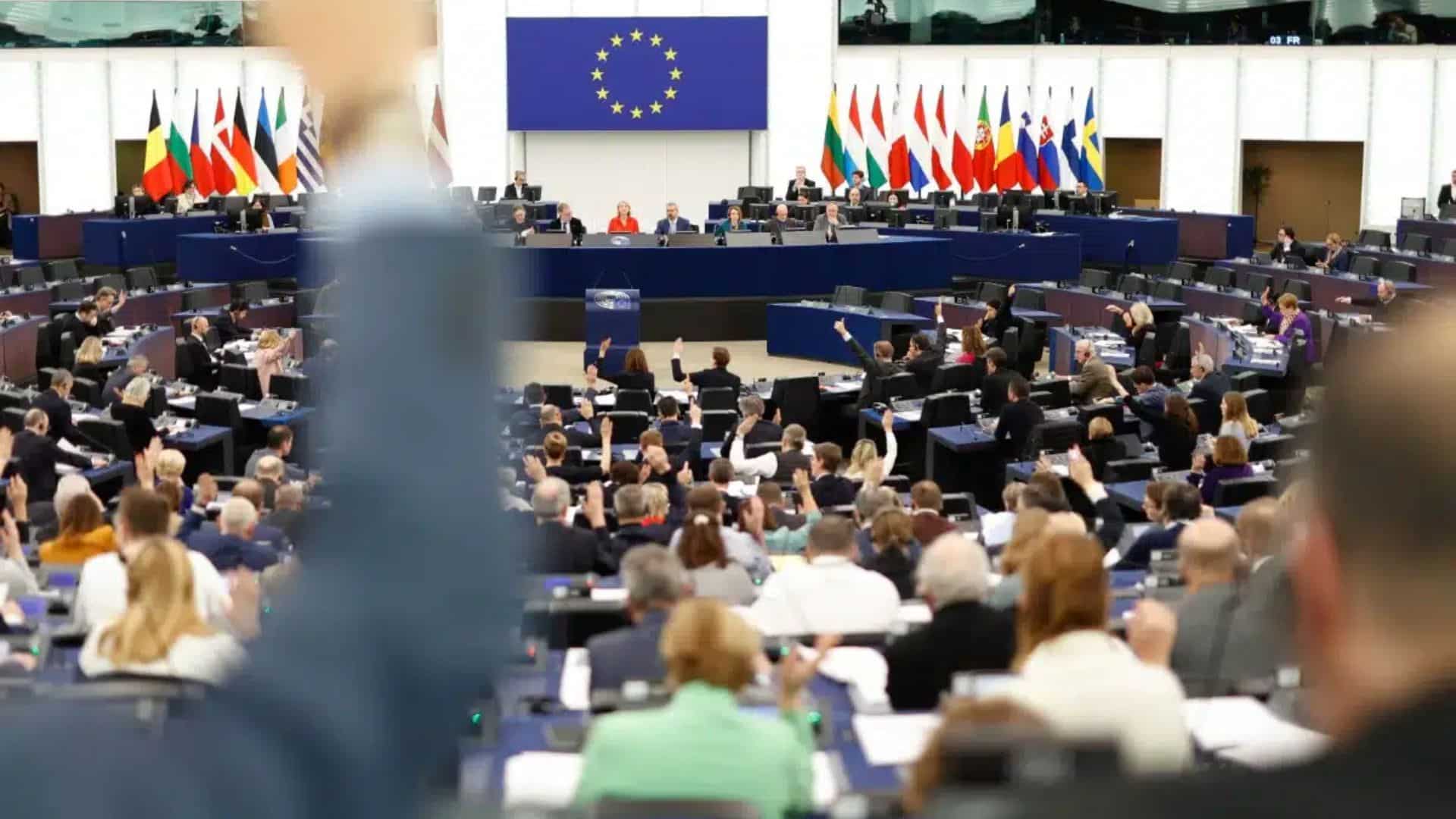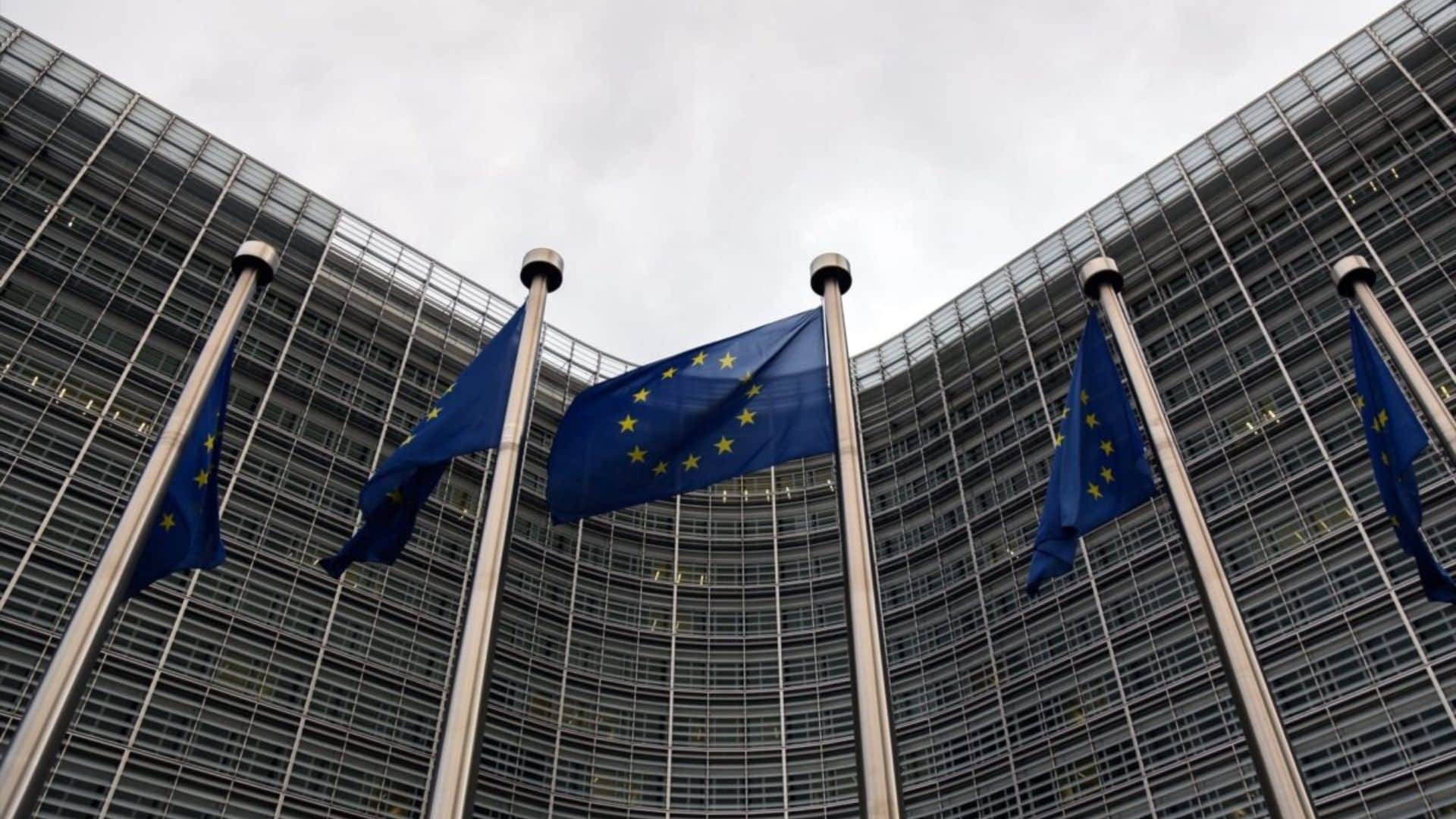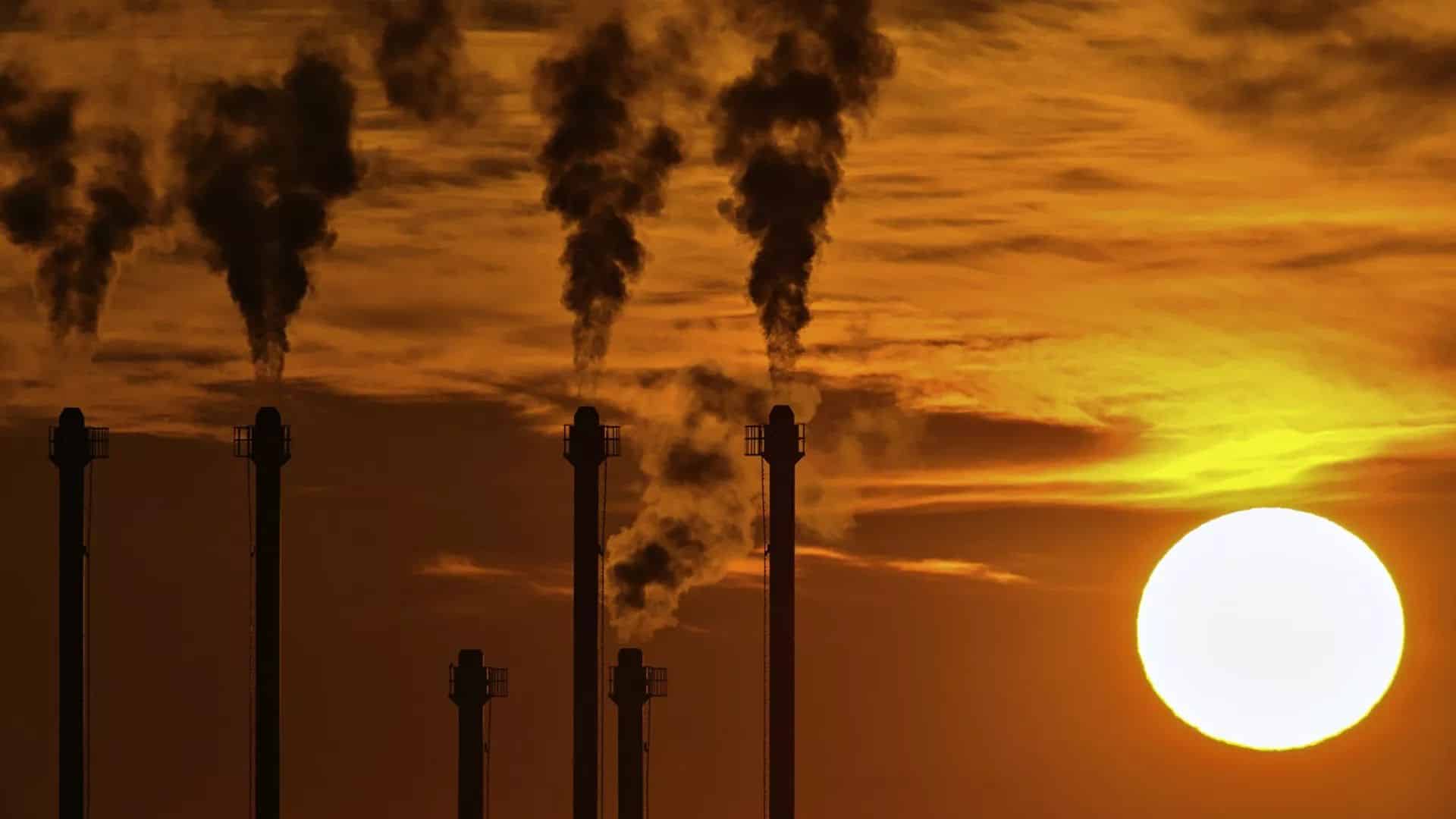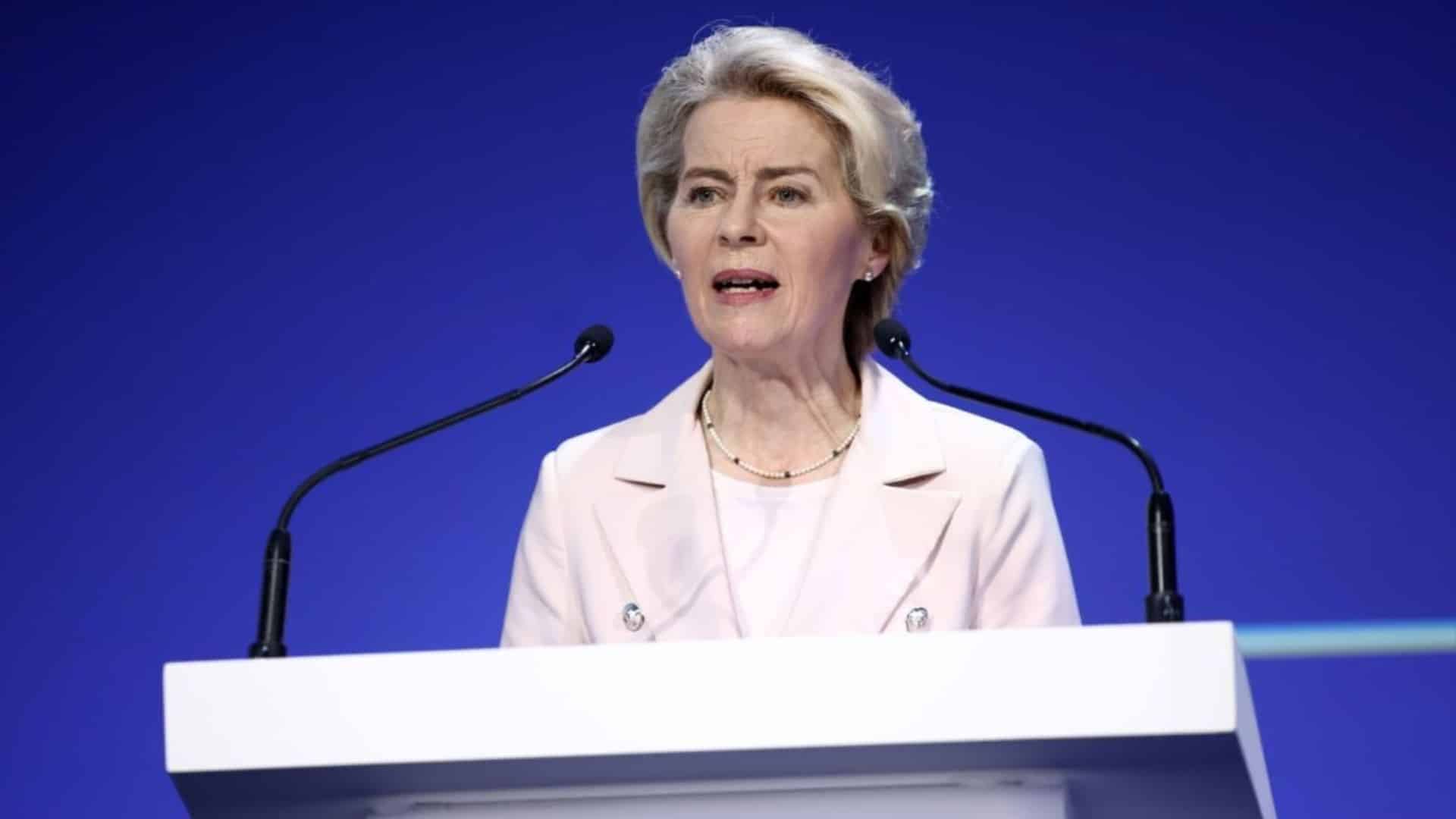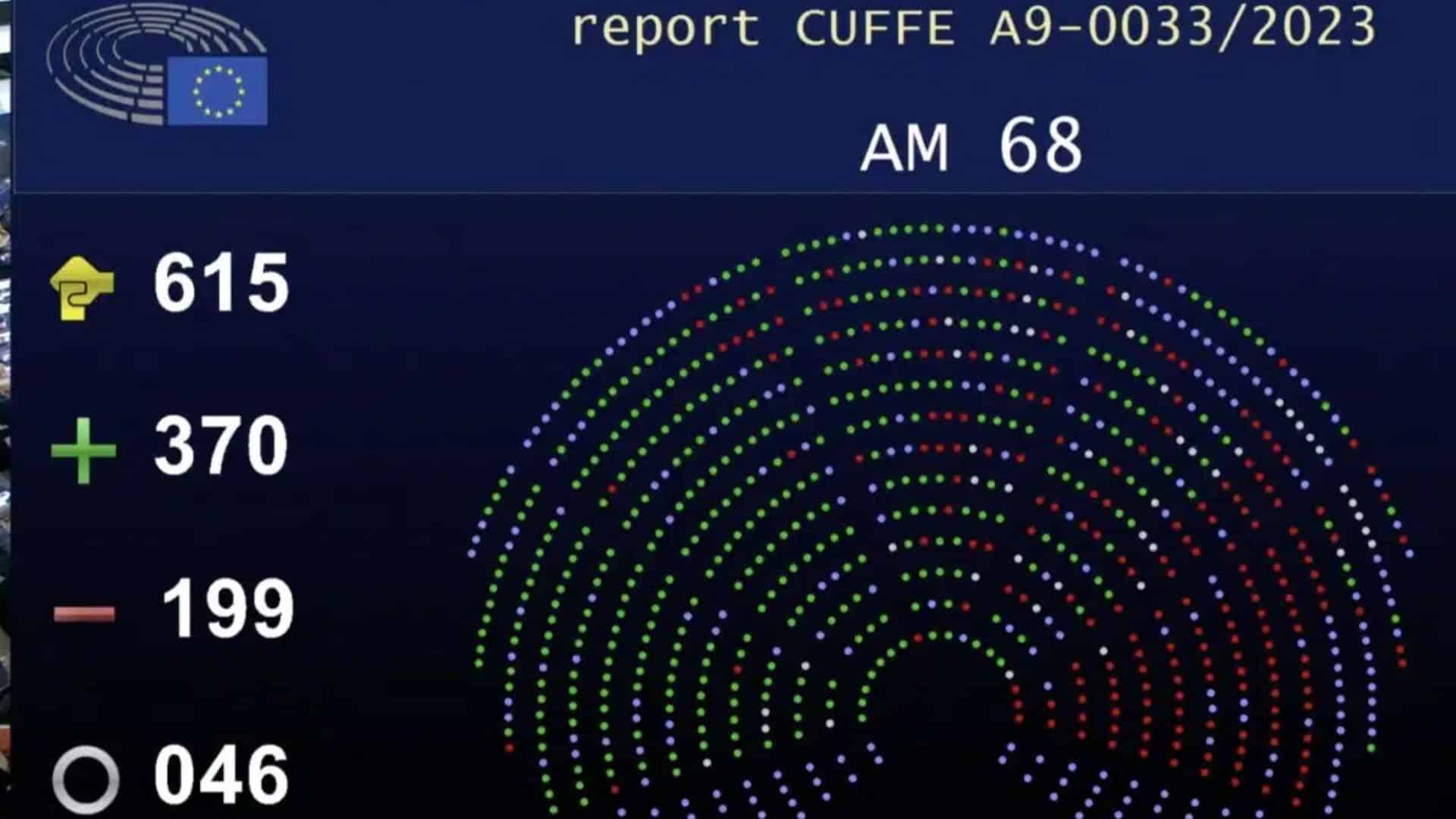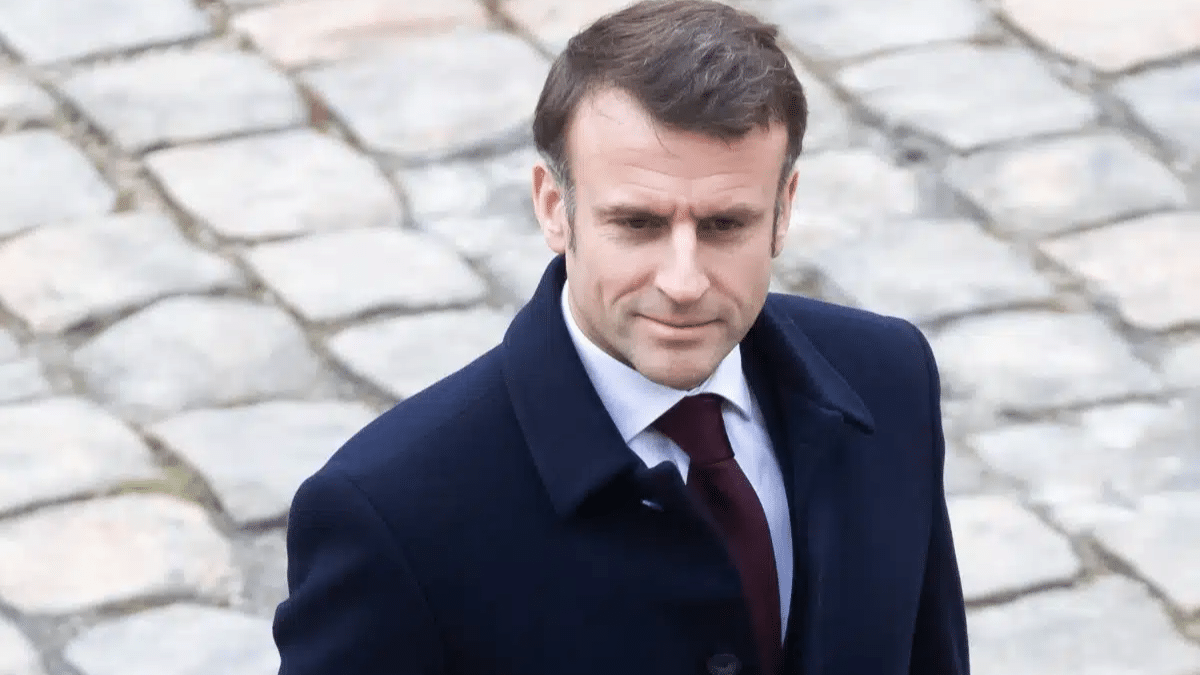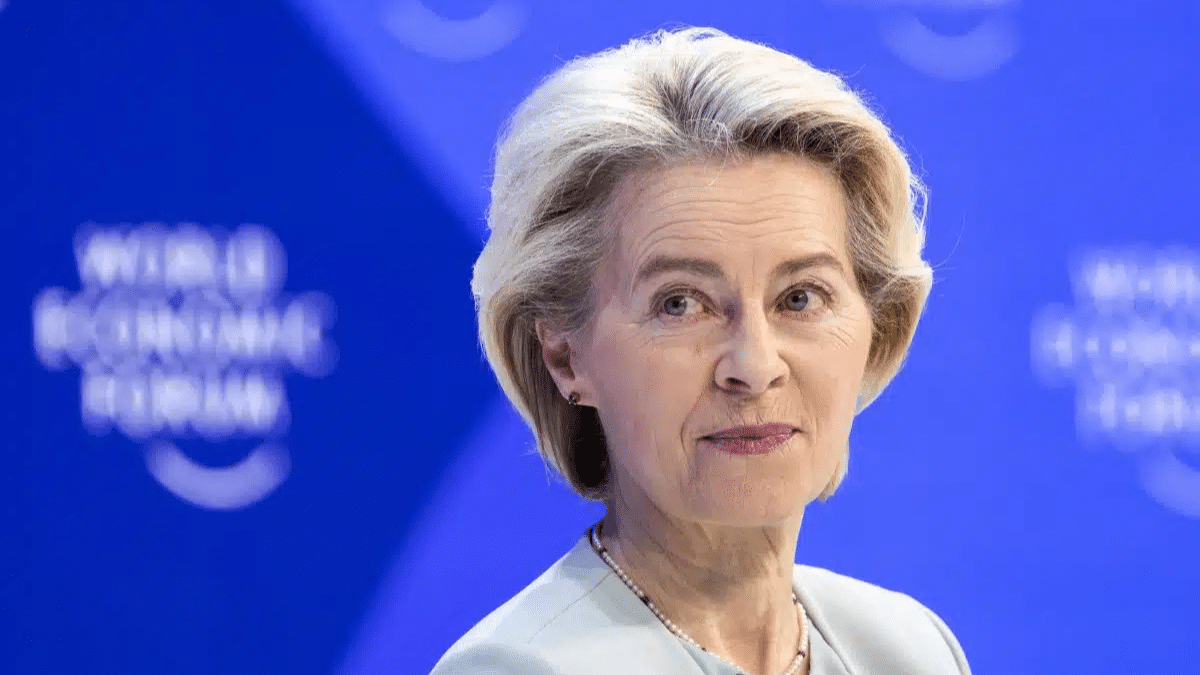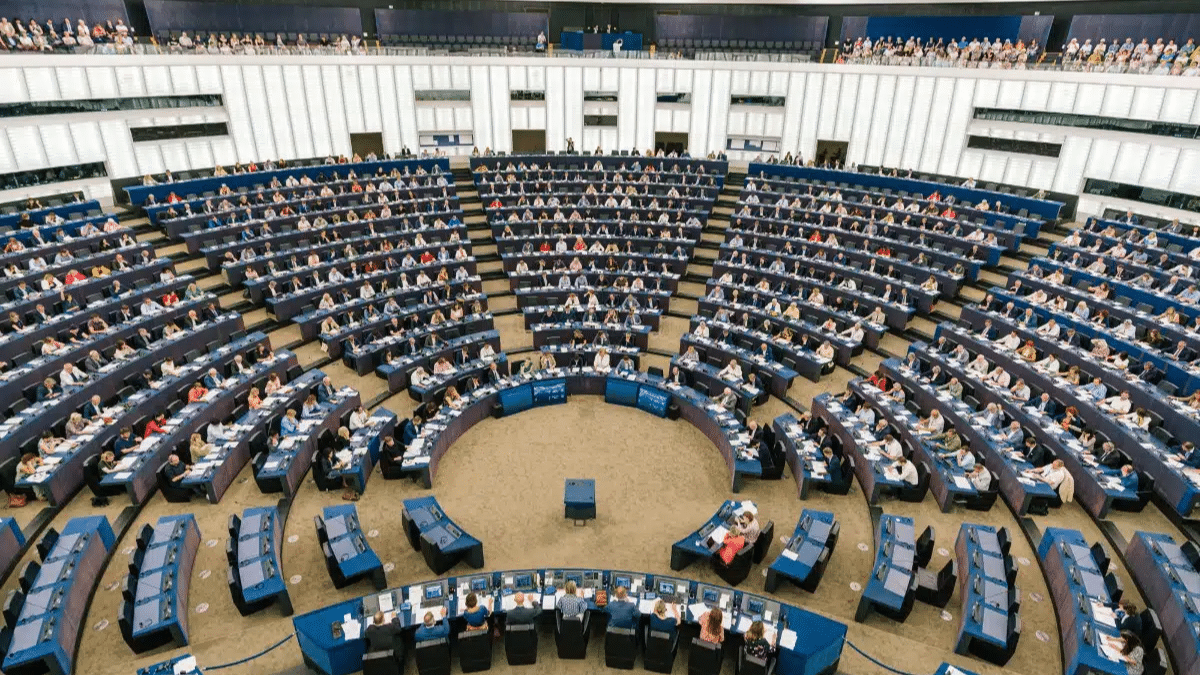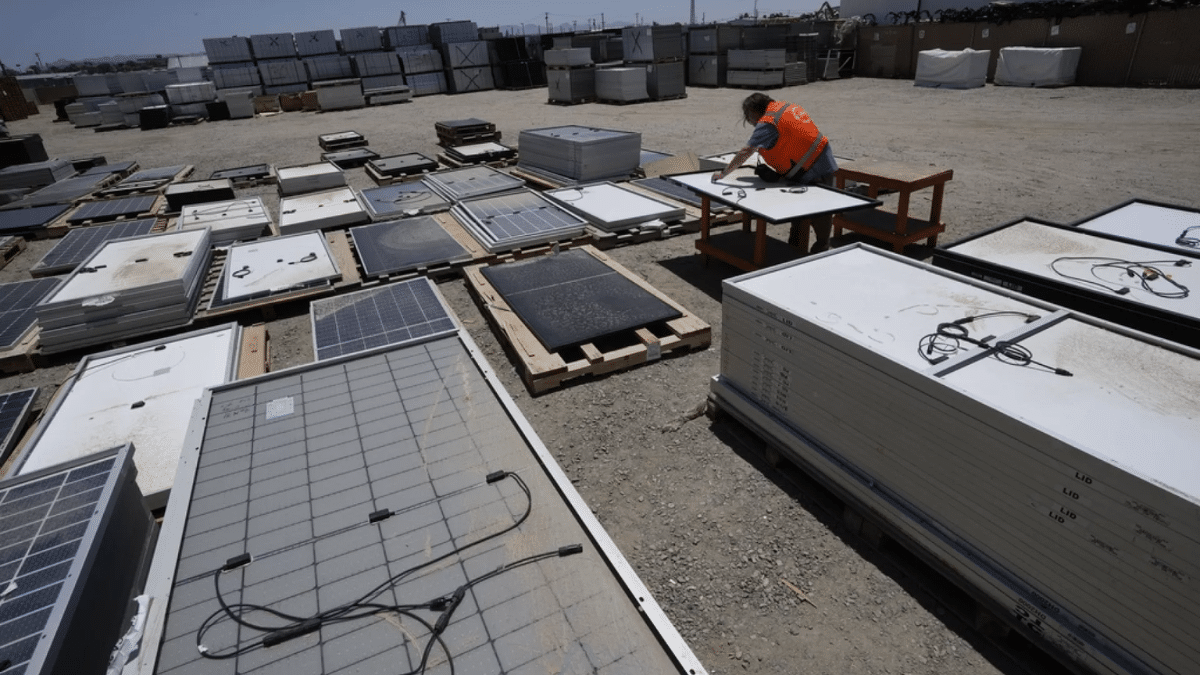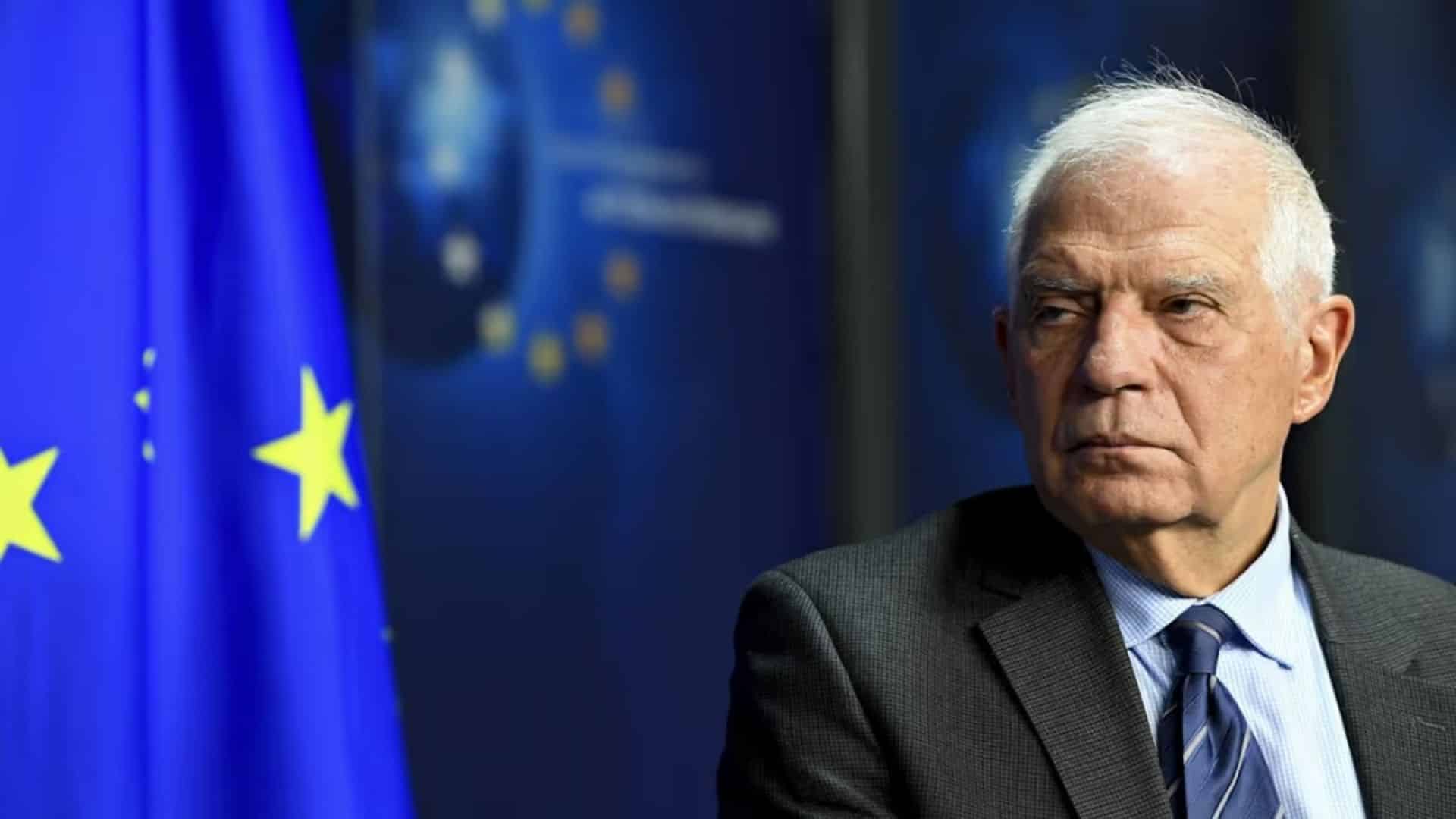
Borrell urges EU countries to stop exporting weapons
Josep Borrell has called on EU nations to focus their weapon exports solely on Ukraine, emphasizing the necessity of a “political decision” to enhance ammunition support. He highlighted the importance of supporting Ukraine both in terms of the duration and the scale of aid, stressing the need for prompt and increased assistance to ensure Ukraine’s success.
During his visit to Warsaw, Borrell pointed out that the EU had previously committed to a €2-billion initiative aimed at increasing ammunition shipments to Ukraine, including the delivery of one million 155 mm shells within a year to aid the country in its defense against Russia’s invasion. However, progress has been slow, with only a fraction of the promised supplies delivered by late 2023, largely due to industrial and supply chain challenges that have since been overcome. Borrell criticized the continued export of weapons to non-warring nations by European companies as a significant hindrance to Ukraine’s aid.
He argued that halting these exports to third countries and redirecting production to Ukraine would be the most efficient and cost-effective method to bolster support. Borrell also mentioned that, apart from donations, significant commercial sales of weapons to Ukraine are occurring, though he did not specify amounts for security reasons. He urged EU member states to make the necessary political decisions to prioritize Ukraine’s needs over other commercial interests, noting the sensitivity of export controls and the autonomy of nations in making these decisions.
The European Commission has identified 11 member states with the capacity to produce the required 155 mm shells, yet it remains uncertain how many will heed Borrell’s call amidst the potential financial benefits of global defense markets. Polish Foreign Minister Radosław Sikorski expressed full support for Borrell’s stance, underlining the urgency of equipping Ukraine to counter Russian forces effectively.
Borrell’s efforts to secure sustainable military support for Ukraine include a proposed €20-billion plan and a recent suggestion to add €5 billion to the European Peace Facility, aiming to offset the costs borne by member states for donated weapons. These proposals are part of ongoing efforts to navigate through legislative challenges and secure the necessary aid for Ukraine amidst geopolitical tensions.

